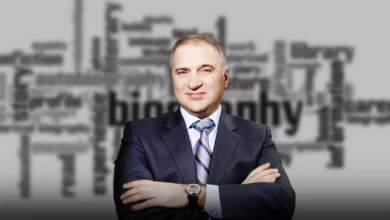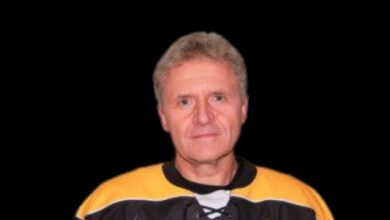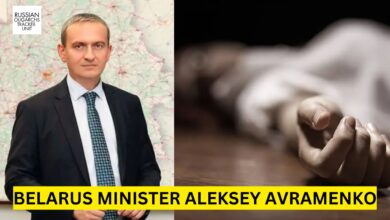Natalya Kaspersky: Early Life, Marriage and Entrepreneurship at Kaspersky Lab
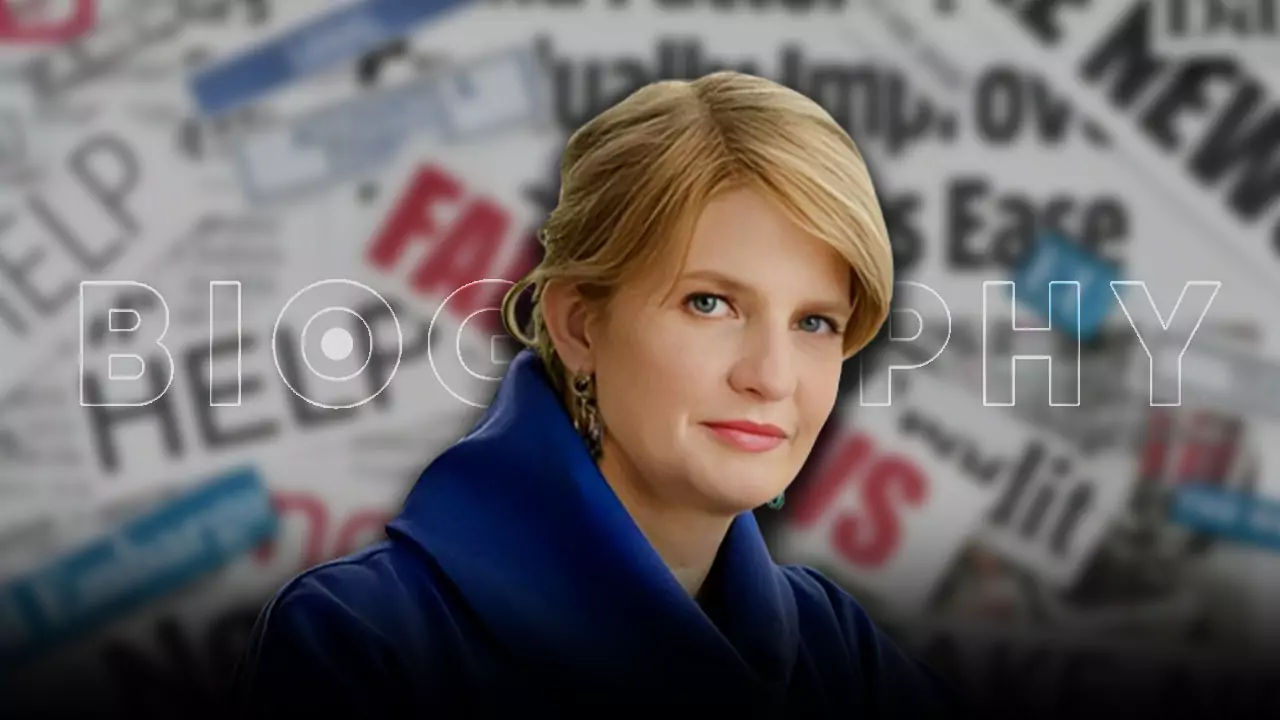
Early Life and Education (1966-1989)
Natalia Ivanovna Choker, later known as Natalya Kaspersky, was born on February 5, 1966, to parents who were both engineers, representing “technical intelligence.” Born late by the standards of that time, Natalya’s father was 46, and her mother was 30. Growing up in a family immersed in technical fields, Natalya initially had dreams of becoming a veterinarian due to her love for animals. However, she faced challenges with chemistry in high school, leading her to pursue a technical education.
She developed diverse interests in her youth, engaging in sports, playing basketball, skiing, swimming, and collecting stamps, badges, and Soviet coins. Additionally, Natalya displayed artistic talents, painting portraits of acquaintances and participating in the school choir.
Natalya pursued her education at the Moscow Institute of Electronic Engineering (MIEM) at the Faculty of Applied Mathematics, graduating in 1989 with a degree in Applied Mathematics. During her time at MIEM, she met Evgeny Kaspersky, her future husband.
Marriage and Early Family Life (1986-1998)

Natalya and Evgeny Kaspersky met during their time as students at the age of 20. They married six months later. Natalya took a break from her career to become a housewife and raise their two sons, Maxim and Ivan. She balanced motherhood with her academic pursuits, completing her degree in Applied Mathematics while caring for her children.
In 1994, Natalya joined the Kami Research and Development Center, where she led the AVP antivirus project. The couple co-founded Kaspersky Lab in 1997, with Natalya serving as the CEO, overseeing sales, personnel, and international market expansion.
The marriage between Natalya and Evgeny Kaspersky ended in 1998, reportedly due to diverging interests and the challenges of having a joint business.
Kaspersky Lab: Brief details
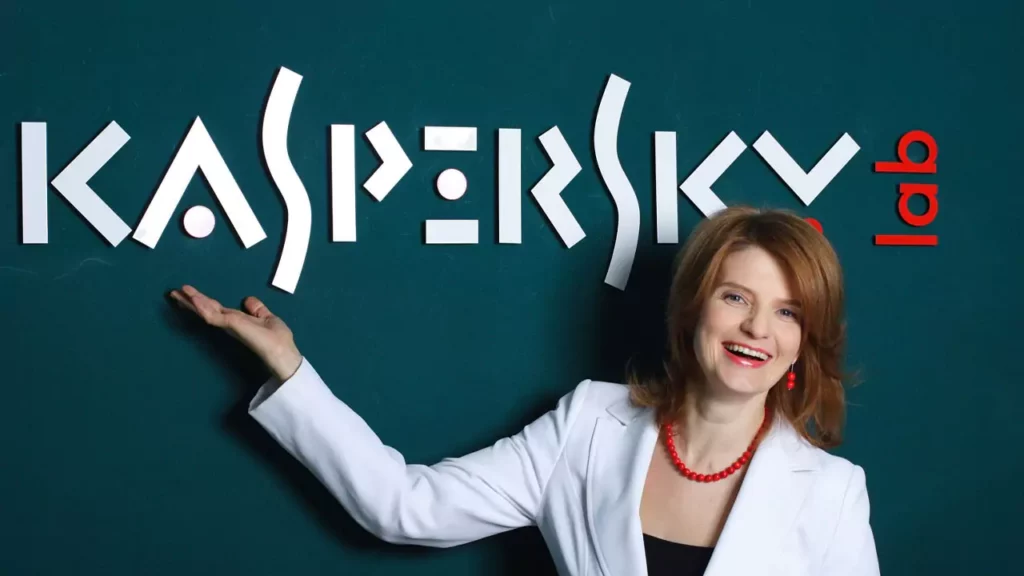
Eugene Kaspersky, along with Natalya Kaspersky (his wife at the time) and Alexey De-Monderik, founded the lab, Kaspersky, in 1997. Natalya, a notable Russian entrepreneur, played a crucial role in the company’s success as CEO, while Eugene led the research efforts.
Professional Ventures and Entrepreneurship (2001-2011)
In 2001, Natalya married Igor Ashmanov, and together they explored the idea of creating InfoWatch, a company focused on controlling outgoing corporate information. Natalya became the CEO of InfoWatch, and in 2007, she assumed the position of Chairman of the Board of Directors at Kaspersky Lab.
In 2011, Natalya sold part of her stake in Kaspersky to the American private equity fund General Atlantic. This marked a significant development in the company’s history, with Natalya planning to invest the proceeds in her own projects, including Info Watch, Nanosemantics, and the Kribrum project.
From Kaspersky to Infowatch Traffic
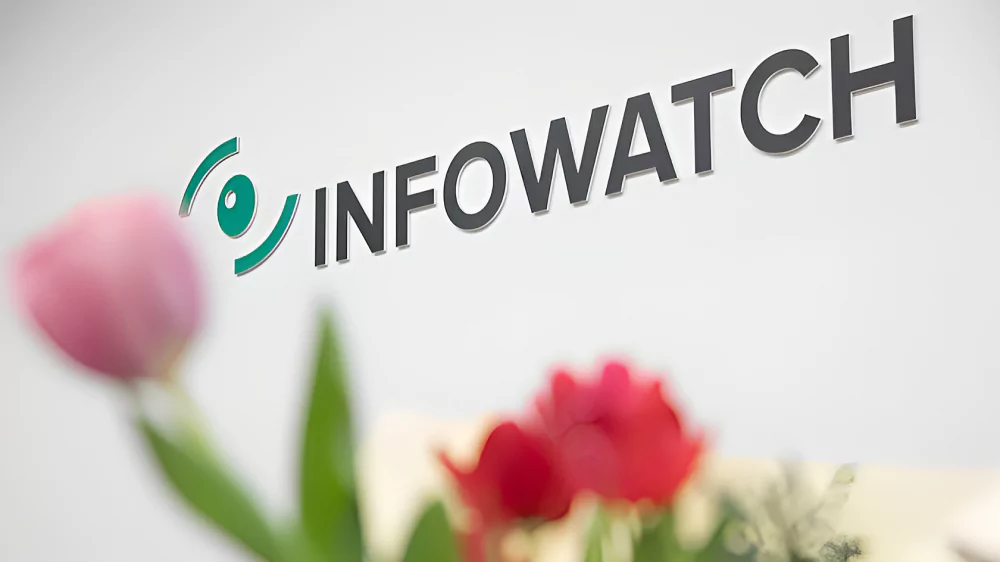
In the early 2000s, a group of skilled programmers at Kaspersky Lab embarked on a groundbreaking venture that would later transform into InfoWatch Traffic. As time progressed to December 2013, a pivotal chapter unfolded in the company’s narrative with the establishment of a subsidiary named InfoWatch. This marked a dedicated focus on developing and disseminating innovative software solutions.
At the forefront of InfoWatch stands Natalya Kaspersky, assuming the role of CEO and majority owner. Natalya has been steering the ship since October 2007, showcasing a steadfast commitment and seasoned leadership within the organization. Beyond her impressive technical prowess, Natalya Kaspersky holds a notable position as one of the wealthiest women in Russia. Her influence transcends financial success, solidifying her status as a significant and influential figure in the dynamic landscape of information technology.
Natalya Kaspersky‘s journey in the tech industry is not merely about coding and business acumen; it’s a testament to her vision, determination, and resilience. Her leadership style humanizes the often abstract world of technology, bringing a personal touch to the realm of cybersecurity and software development. Natalya’s enduring commitment to InfoWatch is not just a business endeavour; it’s narrative of passion and dedication, underscoring her as a trailblazer in the ever-evolving landscape of information security.
Personal Challenges: Abduction of Ivan (2011)
Tragedy struck in 2011 when Natalya’s son, Ivan Kaspersky, was kidnapped near InfoWatch’s office. The kidnappers demanded a ransom, leading to a complex and emotionally taxing ordeal for the Kaspersky family. Authorities, including the FSB and MUR, successfully conducted an operation, resulting in Ivan’s safe release and the arrest of the kidnappers.
Business Ventures and Acquisitions (2012-2022)
In 2012, Natalya acquired a 16.8% stake in the German antivirus company G Data Software AG. Over the years, Natalya expanded her business interests, including the establishment of the Green Lamb peasant farm in 2015.
Despite successful ventures, Natalya faced challenges in the banking sector. In 2018, she became the owner of Neklis Bank, but the revocation of its license in 2020 led to significant financial losses.
In 2023, Natalya withdrew from the capital of Cezurity, an information security company, and initiated bankruptcy proceedings for Neklis Bank.
Natalya Kaspersky’s Net Worth
As of March 2013, Natalya Kaspersky was estimated to have a net worth of $220 million, and this figure increased to $230 million in 2015. This information comes from the Forbes report.
Recognition and Awards (2017-2020)
In 2017, Natalya Kaspersky was elected as the head of the Committee on Information Security, part of the Association of Software Product Developers Domestic Software. In 2020, she received the Medal of the Order of Merit for the Fatherland II degree from Russian President Vladimir Putin for her contribution to the development of the Russian segment of the internet.
Recent Developments (2022-2023)
In 2022, Natalya Kaspersky faced legal challenges related to Neklis Bank, with a former board member filing a police statement against her. Additionally, she owned 5% of the Sintelli AI platform for medical chemistry.
In 2023, Natalya initiated bankruptcy proceedings for Neklis Bank and established Ecoferma Full Cat.
Personal Life and Family

Natalya Kaspersky has four children, two from her first marriage and two from her second. Her daughter, Masha, was born in 2009. Natalya has expressed her love for children and mentioned that, given the opportunity, she would have had more.
Kaspersky’s Son’s Kidnap
Ivan Kaspersky, son of Eugene and Natalya Kaspersky, was snatched while heading to work at InfoWatch, his mom’s company. The kidnappers asked for a hefty $4.3 million, but the Russian police, working hand-in-hand with Kaspersky Lab’s security squad, managed to trace and liberate Ivan. No money changed hands, and they caught five suspects tied to the abduction.
Controversies
Natalya Kaspersky, co-founder and former CEO of Kaspersky Lab, a Russian multinational cybersecurity and anti-virus provider, has faced several controversies in recent years, mainly due to her alleged ties to the Russian government. Some of the controversies include:
Alleged involvement with the Russian Federal Security Service (FSB)
Kaspersky Lab has been accused of engaging with the FSB, which the company has actively denied. The UK’s National Cyber Security Centre (NCSC) cautioned government departments in 2017 about potential Russian interference and the risk of sensitive information being accessed by the Russian government when using Kaspersky Lab products for systems related to national security.
Wagner Army involvement
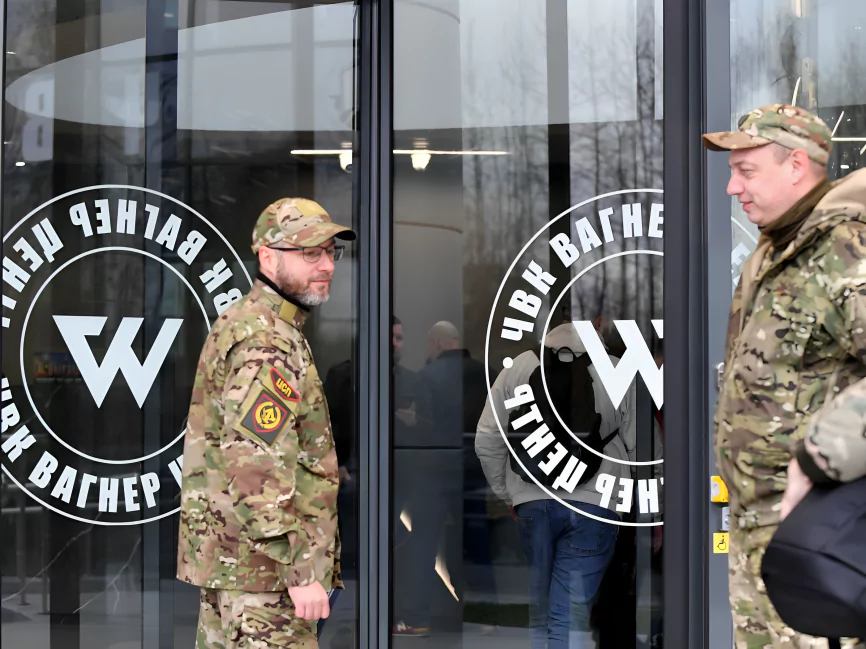
Natalya Kaspersky has been linked to the Wagner Army, a Russian paramilitary organization, which has raised concerns about her alleged involvement in scams, sanctions, and the Ukraine War. U.S. government warnings: In March 2022, the U.S. government privately warned American companies about the potential risks of using Kaspersky software, claiming that Moscow could manipulate it to cause harm. Russian law enforcement and intelligence agencies could coerce Kaspersky’s Russia-based staff into providing or helping establish remote access to customers’ computers, according to the U.S. government.
The company’s response to the allegations
To address these controversies and regain trust, Kaspersky Lab took several measures, including relocating its data processing and storage facilities for customers in the United States and Europe to Switzerland, further distancing itself from any potential Russian influence. The company has also strongly criticized the resolutions and recommendations made by the UK, NCSC and the U.S. government, arguing that they are baseless and lack any evidence of wrongdoing.
Summary
Natalya Kaspersky, born in 1966, embarked on a multifaceted journey from her early years marked by a technical upbringing to becoming a prominent figure in the information security landscape. As the co-founder and former CEO of Kaspersky Lab, she played a pivotal role in its success before parting ways in 1998. Natalya ventured into entrepreneurship, leading InfoWatch and engaging in diverse business ventures.
Her personal life is intertwined with her professional endeavours, including the challenging 2011 kidnapping of her son, Ivan. Financial successes, such as the stake acquisition of G Data Software AG, were tempered by setbacks, including the revocation of Neklis Bank’s license.
Controversies surrounding alleged ties to Russian entities and concerns about Kaspersky Lab’s involvement with the Russian government unfolded, leading to measures to regain trust, such as relocating data facilities. Natalya’s journey epitomizes resilience and dedication, acknowledged through awards and recognition. Recent developments involve legal challenges and new business initiatives in 2023, reflecting the dynamic trajectory of her life and career.
Natalya Kaspersky’s impact extends beyond business, showcasing her as a trailblazer in technology, with a narrative characterized by passion, dedication, and a commitment to information security.




